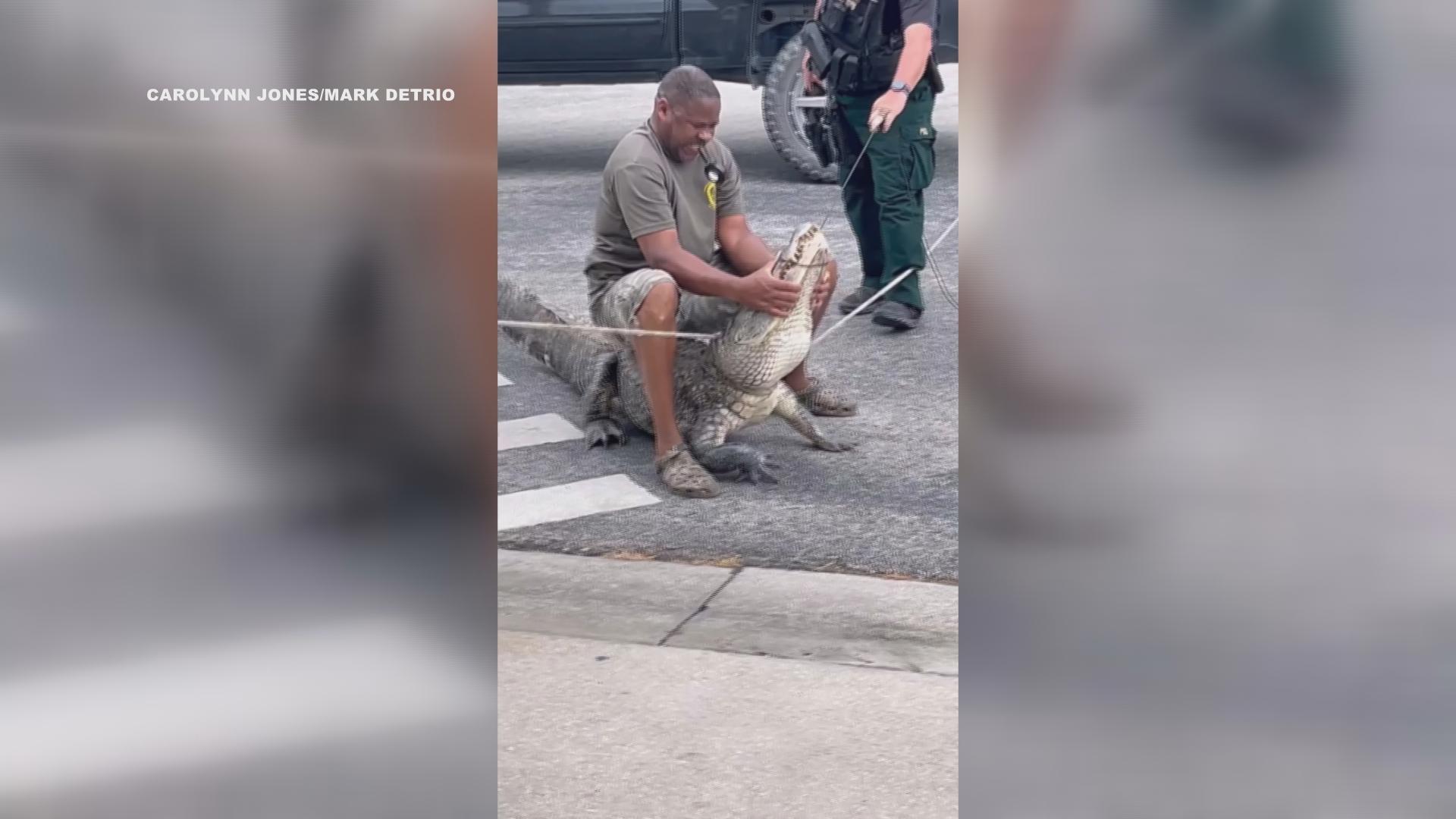The monkeys in Silver Springs State Park are... well, monkeying around, and that could pose a serious health risk to people.
A study by Texas A&M University-Kingsville ecologist and assistant professor of research Jane Anderson finds the rhesus macaque monkey population is growing rapidly and could double by 2022, National Geographic reports.
The problem is the primates carry the potentially deadly herpes B virus, which in rare instances can be spread from a monkey to a human. The Associated Press reported earlier this year that rather than just carrying herpes B -- a common thing for the species -- some of the monkeys have the virus in their saliva and other bodily fluids.
The Associated Press said human cases of the virus around the world have been rare and there have not been any known transmissions of the virus to people from the monkeys in Florida.
However, wildlife officials are considering options for controlling the macaque population.
About 1,000 monkeys were removed from the area between 1984 and 2012, according to a study from the University of Florida. The study also said 20 additional female macaques were sterilized between 1986 and 1990.
Jane Anderson said the get rid of the entire rhesus population would mean removing half of the adults every two years for at least 16 years, National Geographic reported. Sterilization and removal of the monkeys ended in 2012.
In the mid-1930s, six rhesus macaque monkeys were brought to Silver Springs State Park, which was then privately owned, as a way to draw in tourists. Another six monkeys were brought in 1948, according to a recent study.
Scientists estimate there are about 200 monkeys in the park alone. Some of the monkeys swam to surrounding forests and spread through nearby neighborhoods.
At least 72 have been spotted around central Florida and the Panhandle from Franklin County all the way south to Sarasota on the Gulf Coast.
Those visiting Silver Springs State Park and boaters on the Silver and Ocklawaha Rivers are warned to keep a safe distance from the wild monkeys. You should never feed the macaques.
Anyone bitten to scratched by a monkey should immediately seek medical care and follow first aid steps given by the Centers for Disease Control and Prevention.
►Make it easy to keep up-to-date with more stories like this. Download the 10News app now.
Have a news tip? Email desk@wtsp.com, or visit our Facebook page or Twitter feed.



